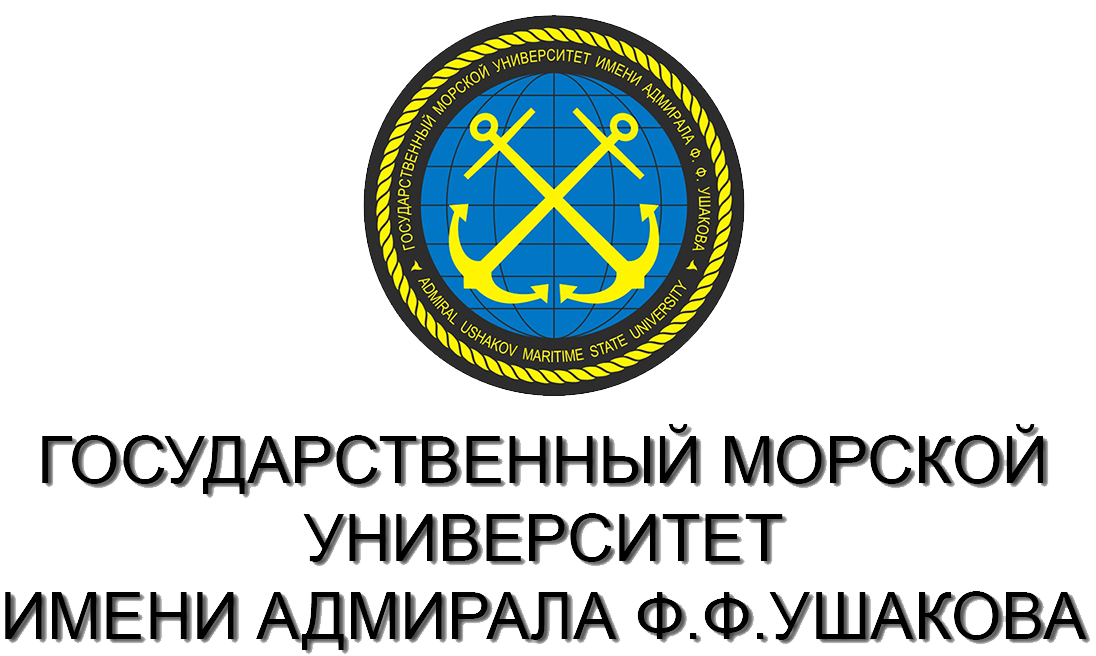The article discusses one of the promising solutions to the problem of greenhouse gas emissions from ships. The use of ammonia as a fuel has a number of advantages over other carbon-neutral fuel analogues. The article presents comparisons of physicochemical parameters of modem fuels. Diagrams of emissions at the production and operation stages are presented. The analysis of ammonia prices up to 2050 has been carried out. Methods of obtaining green, gray and blue ammonia on an industrial scale are considered. Special attention is worthy of the fact that the technology is already beginning to be implemented by large engine companies such as MAN and Wartsila. By 2024-2025, the first ships with an ammonia-powered power plant on board should appear. The article describes the basic principles of operation of such a machine and demonstrates the differences from traditional engines. A schematic diagram of the fuel supply of the engine and a special system for reducing nitrogen oxide emissions are also considered. A comparison with hydrogen fuel has been made, taking into account all the advantages and disadvantages. Upon completion of all work, we can say that in order to fulfill the IMO plan to reduce emissions by 2050, ammonia is one of the extremely successful solutions from both the environmental and economic side.
ecology, alternative fuels, emissions of harmful substances from ships, costs, ammonia
1. Trakimavicius, Lukas (October 6, 2021). "Synthetic fuels can bolster energy security in the Baltic region". EurActiv.
2. MacDowell, Niall; etal. (2010). "An overview of CO2 capture technologies". Energy and Environmental Science. 3 (11): 1645-69. doi:https://doi.org/10.1039/C004106H
3. McKie, Robin (2021-01-16). "Carbon capture is vital to meeting climate goals, scientists tell green critics". The Guardian. Retrieved 2021-04-28.
4. Kleiner, kurt (17 January 2009). "Carbon Neutral Fuel; a new approach". The Globe and Mail. F4. Retrieved 23 October 2012.
5. MAN Energy Solutions. Engineering the Future Two-Stroke Green-Ammonia Engine; MAN Energy Solutions: Copenhagen, Denmark, 2019
6. Internet-resurs: Wartsila Corporation. World’s First Full Scale Ammonia Engine Test An Important Step towards Carbon Free Shipping; Wartsila Corporation: Wartsila, Finland, 2020; https://www.wartsila.eom/media/news/30-06-2020-world-s-frrst-full-scale-ammonia-engine-test-an-important-step-towards-carbon-free-ship-ping-2737809 (accessed Jan 19,2020)
7. Internet-resurs: World Energy Council. World Energy Resources Marine Energy 2016; World Energy Council: London, U.K., 2016; https://www.marineenergywales.co.uk/wp-con-tent/uploads/2016/01 /W orld-Energy-Council-Ma-rine-Energy-Resources-2016.pdf (accessed Jan 19, 2021)
8. Internet-resurs: Brown, T. Updating the Literature: Ammonia Consumes 43% of Global Hydrogen; Ammonia Energy Association: Brooklyn, NY, 2020; https://www.ammoniaenergy.org/articles/up-dating-the-literature-ammonia-consumes-43-of-global-hydrogen/(accessed Jan 19, 2021)
9. Internet-resurs: https://innovationsfonden.dk/da/investeringer/investeringshis-tor-ier/dansk-konsortium-ledet-af-man-energy-so-lutions-vil-udvikle
10. Alfa laval, Hafnia, Haldor Topsoe, Vestas, Siemens Gamesa: Ammonfuel - an industrial view of ammonia as a marine fuel, August 2020
11. Internet-resurs: Efficiency of Ships, IMO, www.imo.org/en/OurWork/ Enviro-nment/PollutionPrevention/AirPollution/Pages/Technical-and-Operational-Measures.aspx, 2004
12. Alternative fuel options for low carbon maritime transportation: Pathways to 2050 Hui Xing, Charles Stuart, Stephen Spence, Hua Chen
13. Modina M.A., Shkoda B.B., Tuktarov P.P. Effektivnost' metodov sokrascheniya kolichestva vybrosov oksidov sery ot sudovyh energeticheskih ustanovok//Ekspluataciya morskogo transporta,- 2020,- № 2 (95).- S. 87-92.
14. Kondrat'ev S.I. Metody vychisleniya harakteristicheskih polinomov v zadachah upravleniya podvizhnyh ob'ektov: uchebnoe posobie / S.I. Kondrat'ev, G A. Zelenkov- Novorossiysk: Morskaya gos. akad. im. admirala F. F. Ushakova, 2007.











